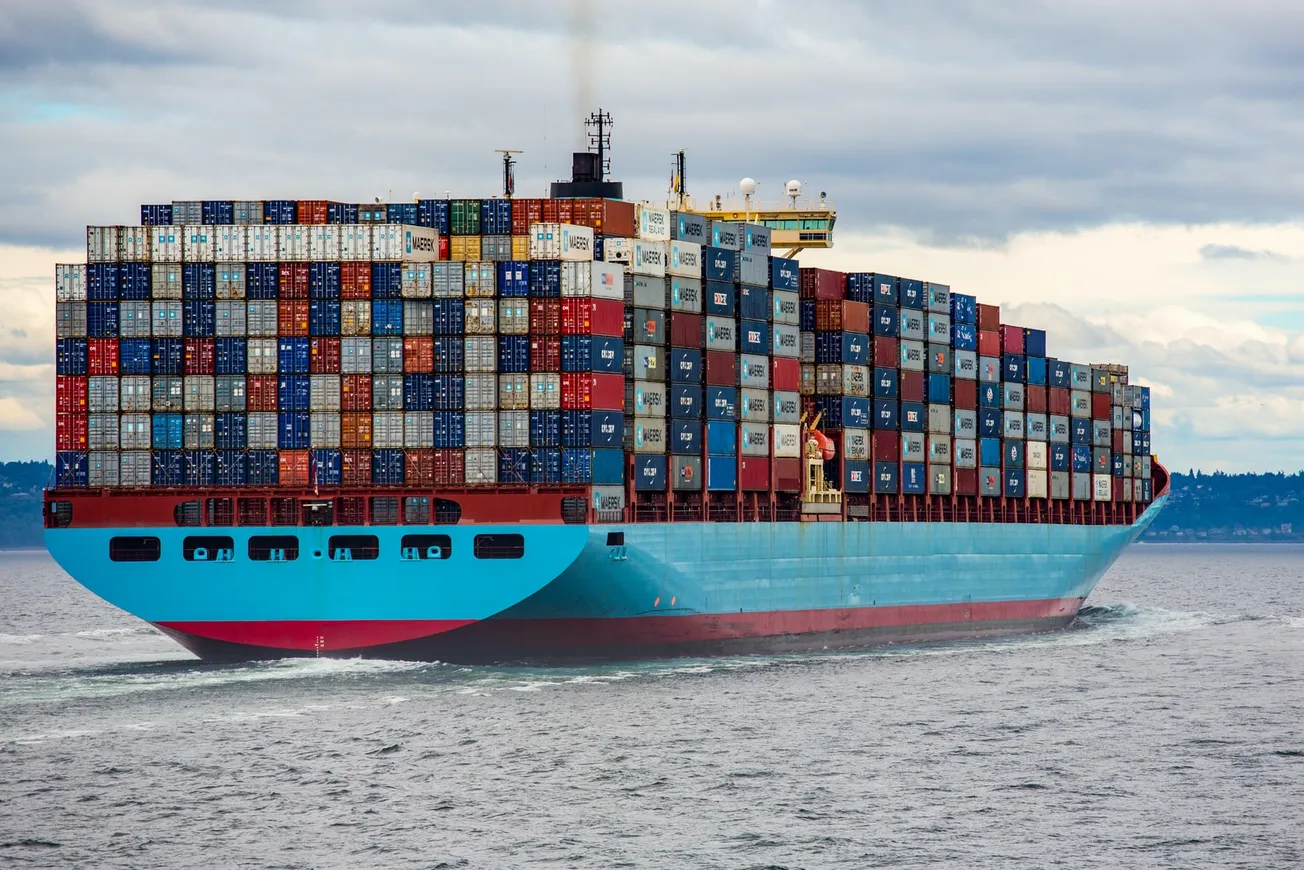Table of Contents
Eliora
New Zealand is a small country in the South Pacific with its inhabitants described as “The Passionless People”. Gordon McLauchlan, the author of this popular book in 1976, recognised fourth-generation kiwis as easy going, down to earth and enjoying the status quo. Kiwis around the world are known as laid-back, pleasant people.
No longer can New Zealanders bask in the status quo though. Kiwis’ way of life is being rapidly changed by Jacinda Ardern’s socialist engineering, and now they have an additional problem. New Zealanders are seeing the bullwhip effect, by an emboldened Labour Government, that restricts necessary workers coming into the country, even to work at the ports.
The bullwhip effect is a supply chain phenomenon describing how small fluctuations in demand at the retail level can cause progressively larger fluctuations in demand at the wholesale, distributor, manufacturer and raw material supplier levels. The effect is named after the physics involved in cracking a whip.
TechTarget
New Zealand relies on imports being transported by ship to our isolated country. Kiwis are noticing that things are running out. Store shelves have gaps, there are shortages of building materials and businesses around the country are unable to restock some products. The bullwhip effect is caused by not having enough competent staff to run our ports and by Covid-19 in other countries.
The Maritime Union said at the end of last year skilled workers were being turned down, including crane and straddle drivers. For several years MUNZ has warned management they needed to ensure they had adequate levels of skilled labour in the port, but they continued to reduce staffing levels as part of their failed automation plan.
SCOOP Independent News
New Zealand is experiencing lack of imports due to slow unloading and loading ships due to not enough staff, to operate the heavy machinery, load, tally and stow the cargo of a ship…
Some stevedores, crane drivers and lashers were working up to 58 hours every seven days. The port company has cited a stevedore labour shortage as one reason for its low productivity and weak financial performance during a time of surging consumer demand for imports.
Business Premium Herald 13 April 21
Our “hermit kingdom” needs to get serious about supply chain issues, the Stuff heading cries out.
The message is a sign worldwide shipping delays are getting worse, not better. That may not play to our advantage, despite our Hobbit-like ability to keep the ‘hermit kingdom’ in good shape while a pandemic rages across the globe.
If you ship goods in and out of New Zealand from anywhere other than Auckland or Tauranga, you are likely to get this email: “Your ship is no longer coming”.
Exact numbers are hard to come by. But Lars Jensen of Vespucci Maritime, a well-known Danish shipping consultancy, has told shipping media outlets like Splash24/7 that more containers have likely been delayed during Yantian’s (China) near shut down than when the Ever Given blocked the Suez Canal.
Stuff June 21
Shipping in New Zealand is being affected by an outbreak of Covid-19 at Yantian, the third busiest port in the world. Bloomberg on June 21 said there has been unprecedented supply chain disruption. Yantian’s port is operating at 20% of normal productivity.
New Zealand is waking up to the flow-on effect of inefficiencies at the wharves and of Covid-19. It is no longer viable for some companies to send a ship to remote New Zealand, then have to wait for it to unload and refill, then find the product sitting on the wharf along with thousands of other containers of cargo waiting for weeks to be distributed.
Ships are turning away or not coming.
The bullwhip effect is devastating for the New Zealand economy. Businesses are struggling without the usual raw materials and imports, and it has become more difficult to get exports away.
The NZ Stats for May 2021 tell the tale of the downturn.
Annual values are actual and are compared with the May 2020 year.
- Annual goods exports were valued at $59.5 billion, down $592 million (1.0 percent) from the previous year.
- Annual goods imports were valued at $59.6 billion, down $1.8 billion (2.9 percent) from the previous year.
In the year ended May 2021, the annual goods trade balance was a deficit of $62 million.
KPMG’s Agribusiness Agenda report notes that New Zealand has limited bargaining power due to its isolation and only accounts for 2% of global sea traffic.
NZ will need to be a value market for the shipping lines, which means pricing will need to be at a level that will provide enough profitability to retain services.
Stuff June 21
Please share so others can discover The BFD.









